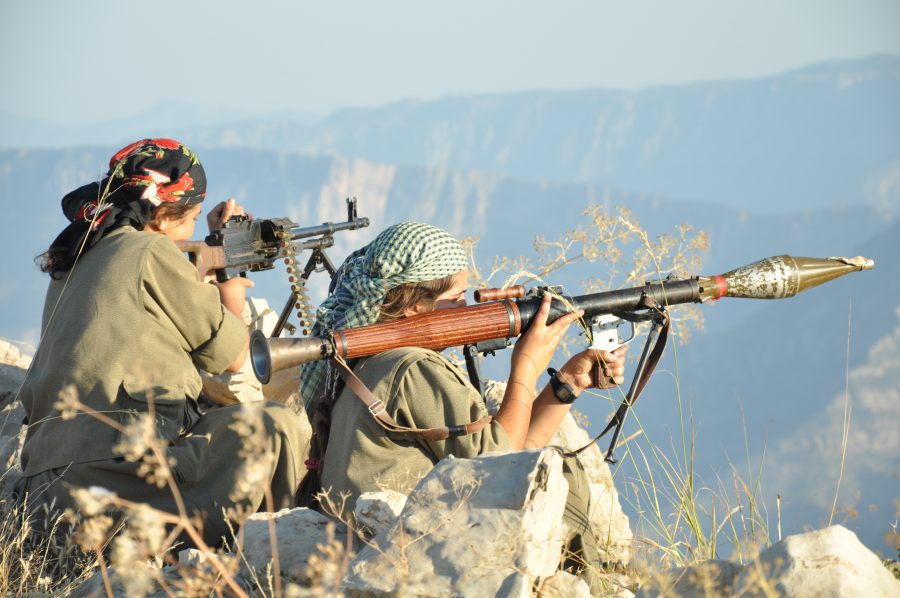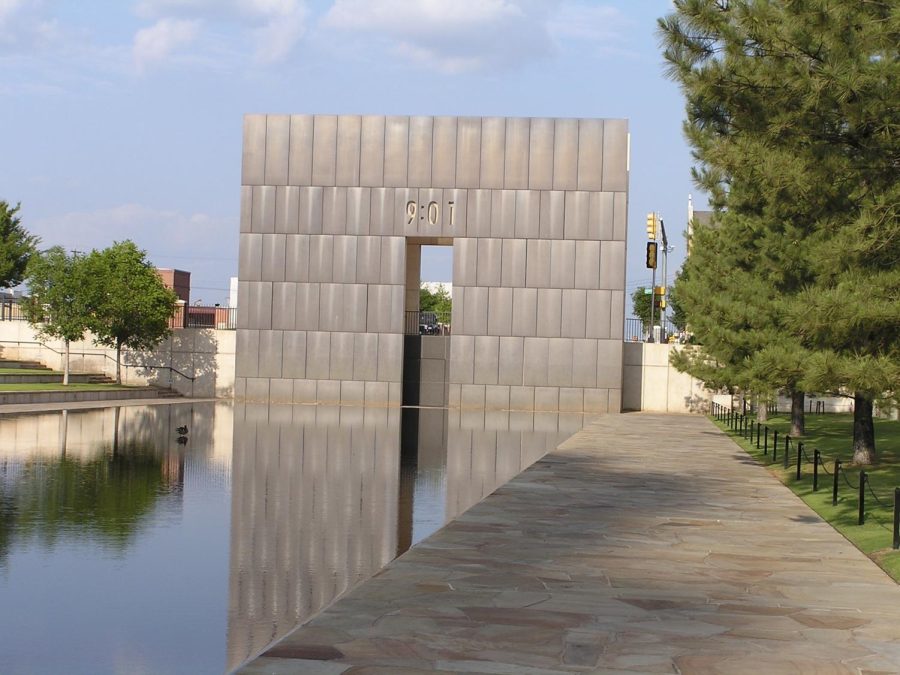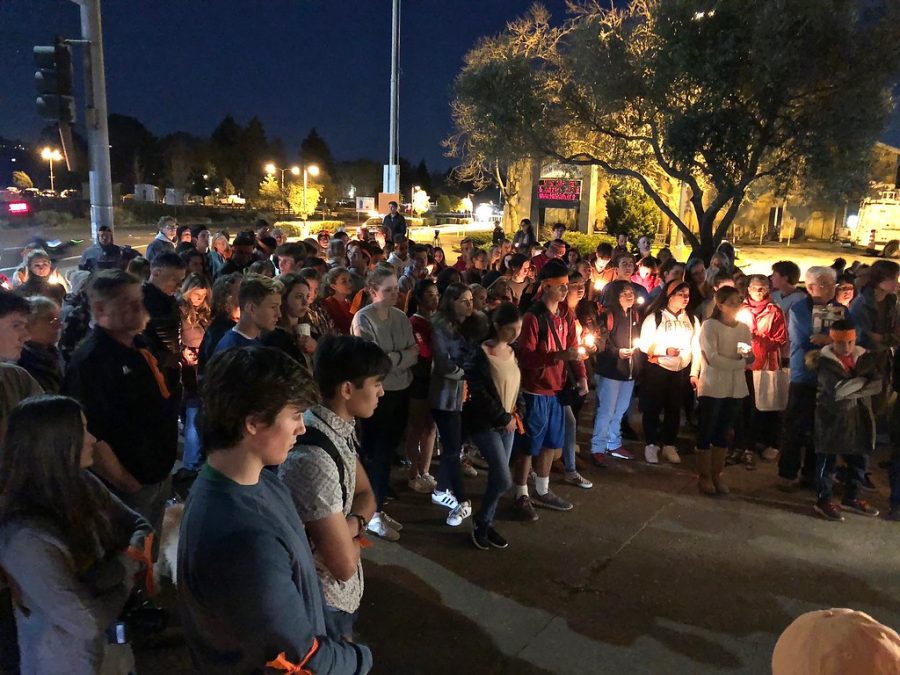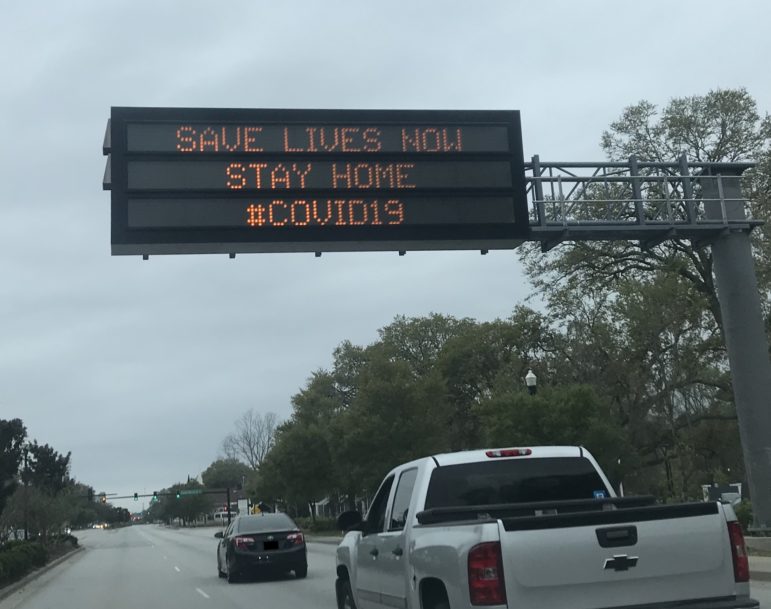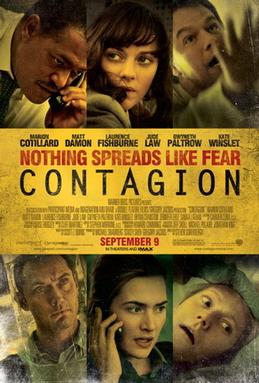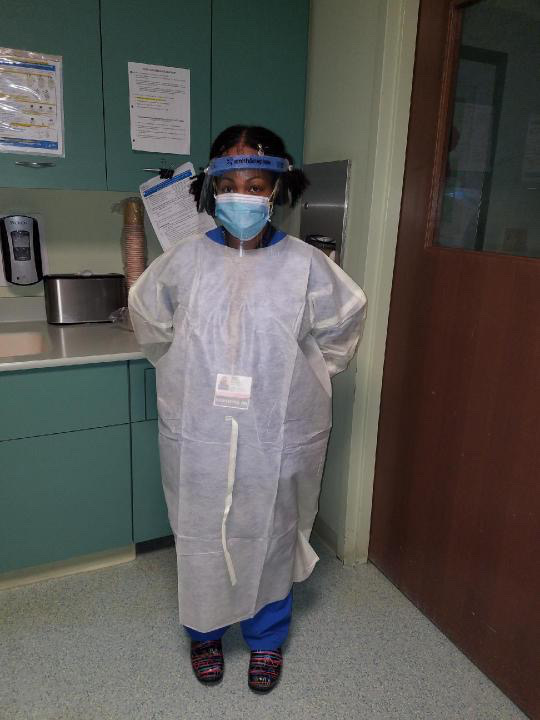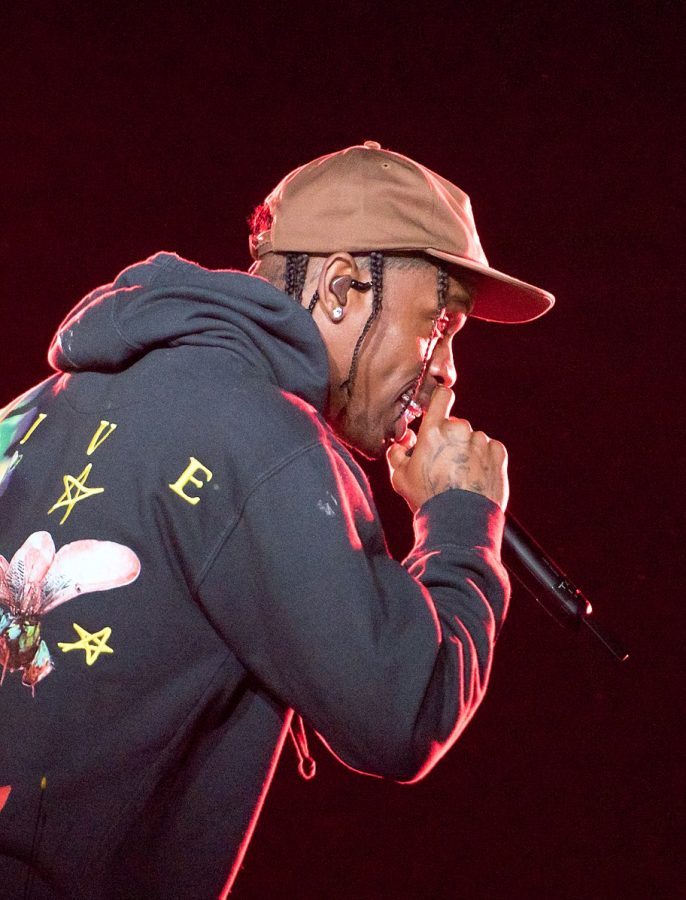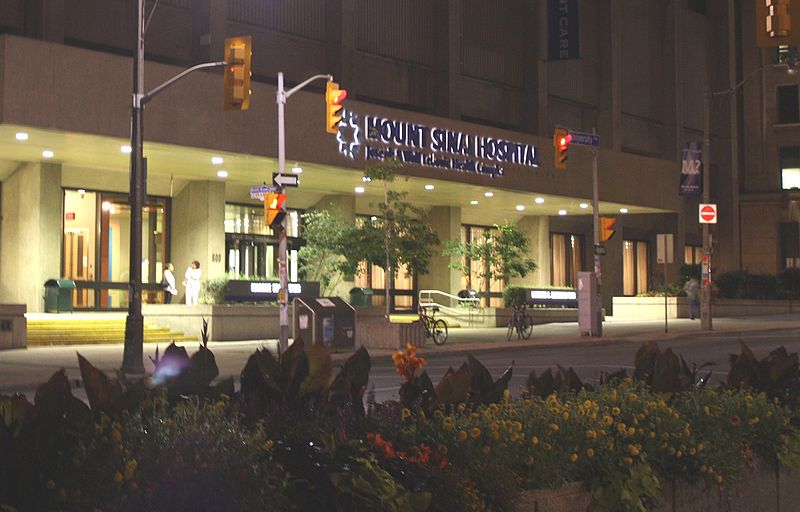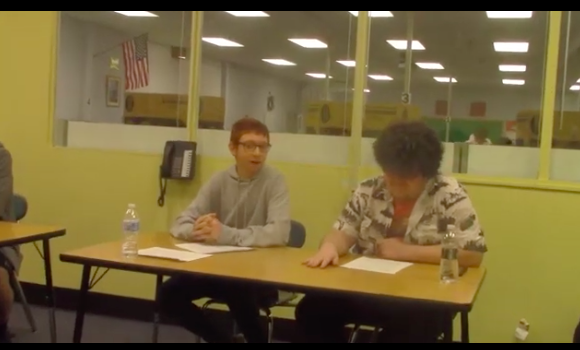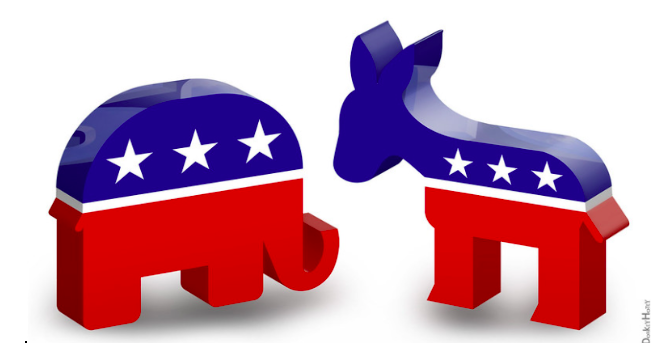Recently, the Kurdish people of Turkey were heavily persecuted by the government and their hardline stance against ethnic minorities. Policies such as Turkification and Sun Language Theory espoused supremacist and anti-minority beliefs which most greatly affected the Kurdish minority in Turkey.
Despite the ferocity of these policies, Kurdish Nationalism and Separatism only continued to rise after the foundation of Turkey. Turkification was bound to boil over, and it finally did so in 1978, with the foundation of PKK (Partiya Karkerên Kurdistanê or Kurdistan Workers Party), and the beginning of their insurgency which continues to this day. Founded by Abdullah Öcalan in the attempt to liberate Turkish Kurdistan, he recruited and brought many Kurdish students under his wing, espousing socialist and anti-imperialist values. With training and supplies from The Soviet Union, the PKK eventually began an armed resistance campaign to break away from Turkey to form a Pan-Kurdish Nation, however, they have not been successful in their endeavor. Since 1978 over 40,000 Kurdish Civilians have died in the fighting, and oppression of Kurds has increased due to the widespread support the PKK has among them. The military presence in South-Eastern Turkey has grown increasingly hostile towards Kurdish civilians, who are subjected to state-sponsored violence in many forms. In an article written by the NGO Open Democracy, one Kurdish woman spoke about her experience when Turkish soldiers were stationed in her house, stating “When we came home, nothing was in its usual place. There were toys from my brother’s daughter. She had a very big teddy bear, even bigger than me. They [security forces] tore the bear in the middle. One could understand that they had raped the toy. Even now, when I think of it, I do not know what to do with myself. There were condoms in my brother’s room. They threw around my brother’s wife’s and my sister’s underwear, putting it on display.”
In addition to sexual violence carried out by soldiers garrisoned in Kurdish towns, suspected PKK strongholds are often indiscriminately attacked, with mass civilian casualties being the result. In March of 2016, the Turkish Army was sent to the city of Nusaybin in South-Eastern Turkey to quell suspected PKK activity, and since then two-thirds of the city’s population has been displaced and rendered homeless by Turkish operations. In the article from Open Democracy, one resident of Nusaybin described the brutal events she lived through, stating “Soldiers were firing at our house. We [hung] a piece of white cloth as a flag on our house, but they continued to fire. They shelled our house, making a huge hole in a wall. I said to my husband, ‘This time we are killed,’ and cried. My children called me on the phone. I told them that I would be killed this time, that we were under fire, that they would burn our home… A woman was killed in front of our house. They were firing guns, so we could not go outside. She was a pregnant woman, shot on the stairs, she died right where she was.”
No friend but the mountains part 3: the insurgency
January 23, 2020
0
More to Discover
About the Contributor
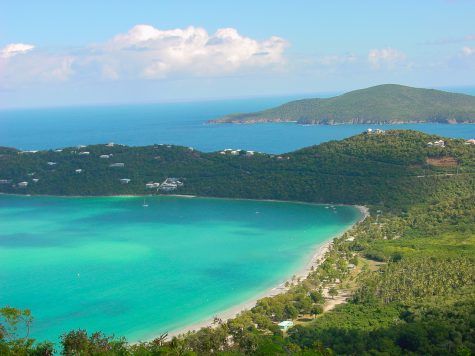
Andrew Villardi, Staff Writer
Andrew Villardi is a senior at SPFHS and staff writer for the Fanscotian. His favorite type of story to write is opinion, particularly politics. What he enjoys most is to put out writing which not only strongly reflects his own opinions, but fosters healthy and productive discussion on the world that we live in.


